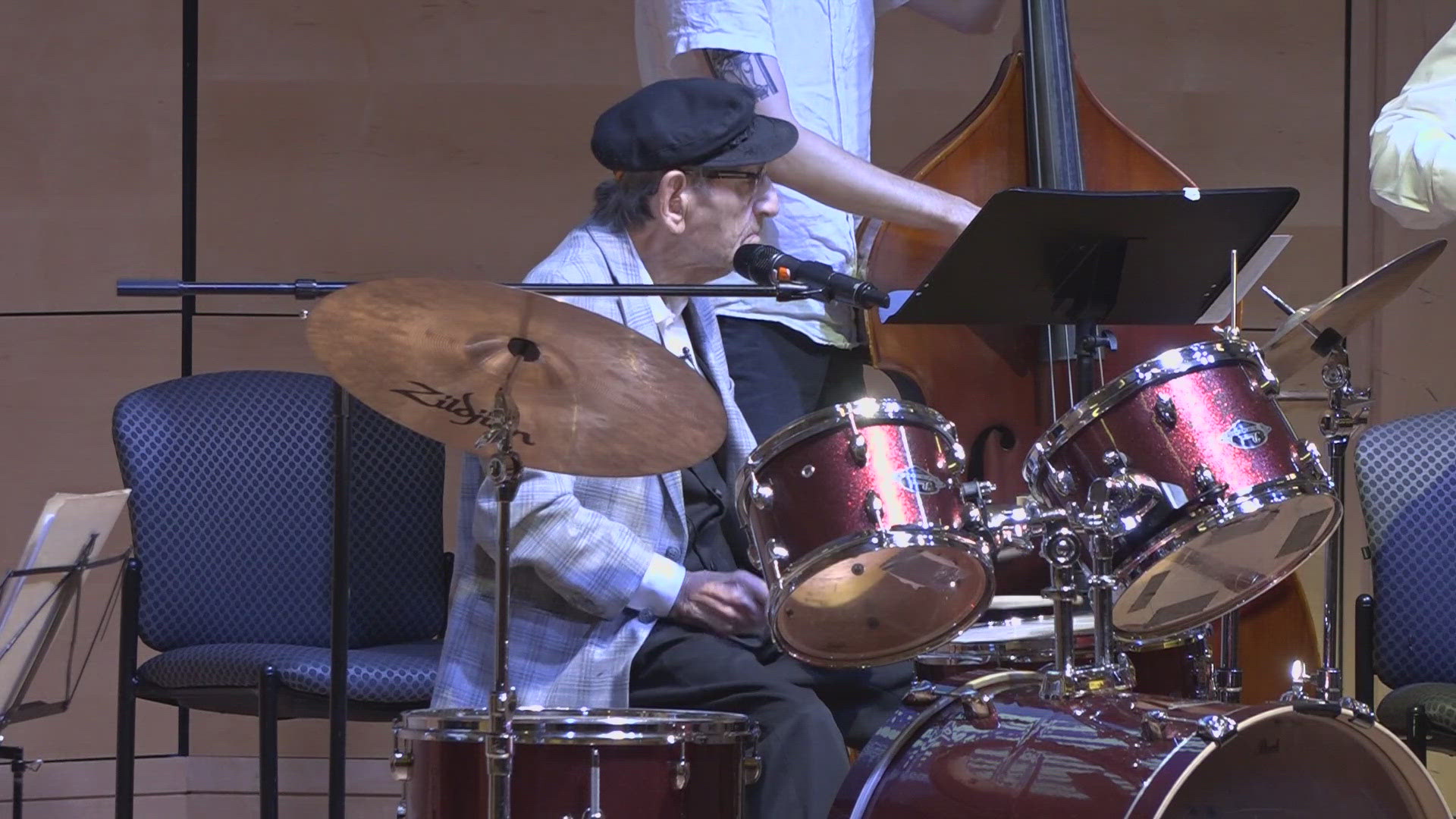PORTLAND, Maine — In his 99 years on earth, Saul Dreier has seen a level of human cruelty most could never grasp. As a Jewish teenager in Poland, he was sent to several concentration camps, including the infamous Mauthausen camp in Austria. For years he stared down death daily and remembers the torture by Nazi guards—whipping him so many times, he could not lie on his back.
"I had no choice, either I get a bullet in the head or I work," Dreier said.
By the end of the Holocaust—where roughly six million Jews died—Saul would be the only survivor in his family.
"That was the hardest part," Saul said.
But in those difficult years of suffering and witnessing the horrors of the Holocaust, Dreier found comfort and connection through music. As other Jews sang, he kept the beat with two spoons given to him by a Polish family near Oskar Schindler’s factory, where Dreier lived—in relative security—for a stint.
After the war, Dreier emigrated to the United States, leaving music largely in his past. That is until the age of 89 when—against the wishes of his mother and Rabbi—he bought a drum set, inspired by a video of another Holocaust survivor touring the world playing the piano. He then formed his group: the Holocaust Survivor Band.
Now, a decade later, that band also tours around the world. On Tuesday, they played for a packed house at the University of Southern Maine’s Hannaford Hall. A few months shy of his hundredth birthday, Saul has a clear purpose behind each concert.
"Until I die, I want to beat antisemitism because it’s popping up all over the world right now," Dreier said.
That message delivered at Tuesday’s performance connected with many in Maine’s Jewish community, who worry over the recent rise in acts of anti-Jewish hate across the country. According to a study from the Anti-Defamation League published earlier this year, antisemitic incidents increased more than 300 percent in the months after Hamas attacked Israel on Oct. 7.
"It's horrifying that we are at this point," Dawn LaRochelle, the executive director of the Maine Jewish Museum, said Friday. "Antisemitism is something Jewish people have to live with and endure. But the story of Jews is one of resiliency and productivity and making the world a better place."
To LaRochelle, Saul's story embodies that spirit.
Indeed, even though Saul Dreier has seen humanity at its worst, he continues to believe in the best of it.
As Dreier puts it, "How many hearts I got? Why should we fight? We’re all the same people, we got the same heart."
More information on Saul Dreier, his foundation, and the Holocaust Survivor Band can be found here.

